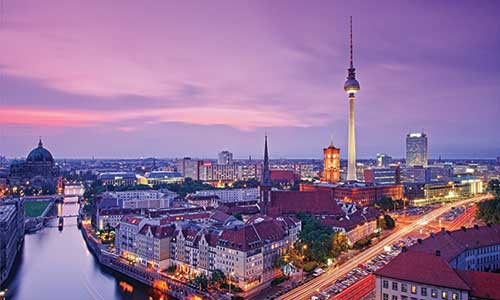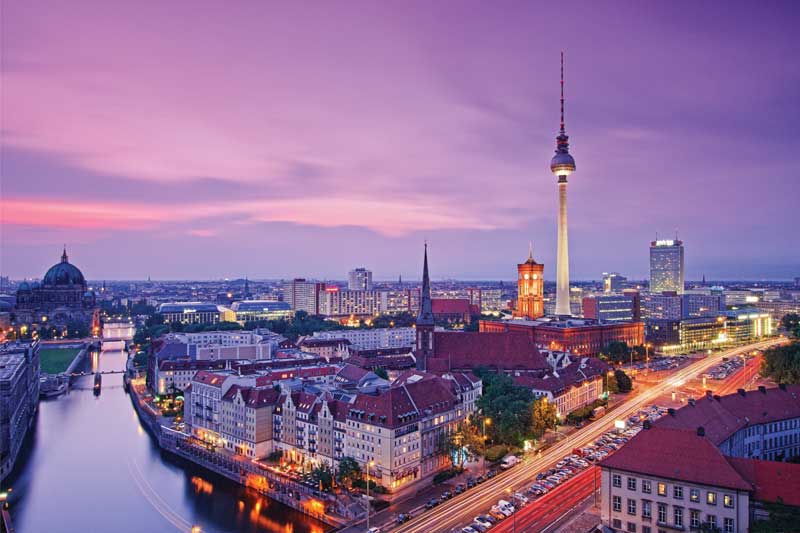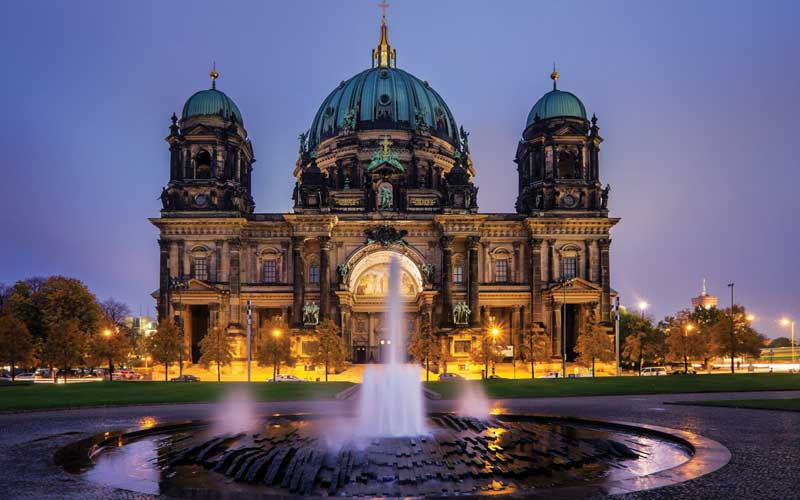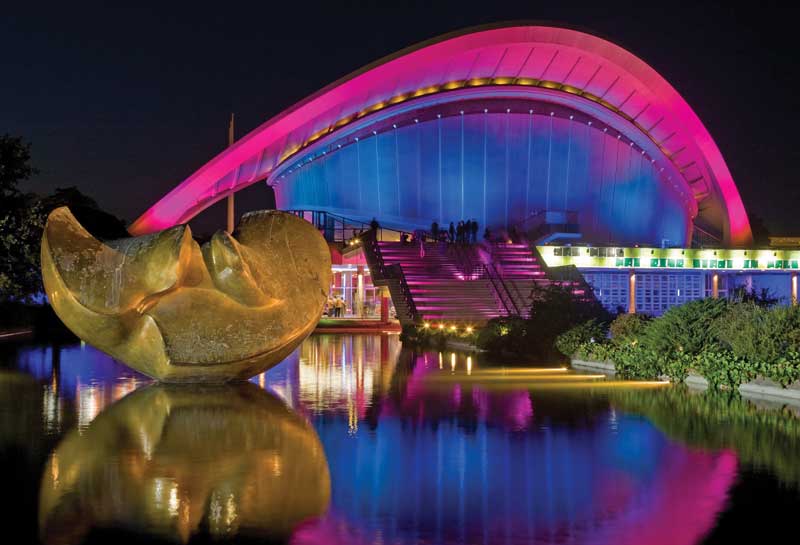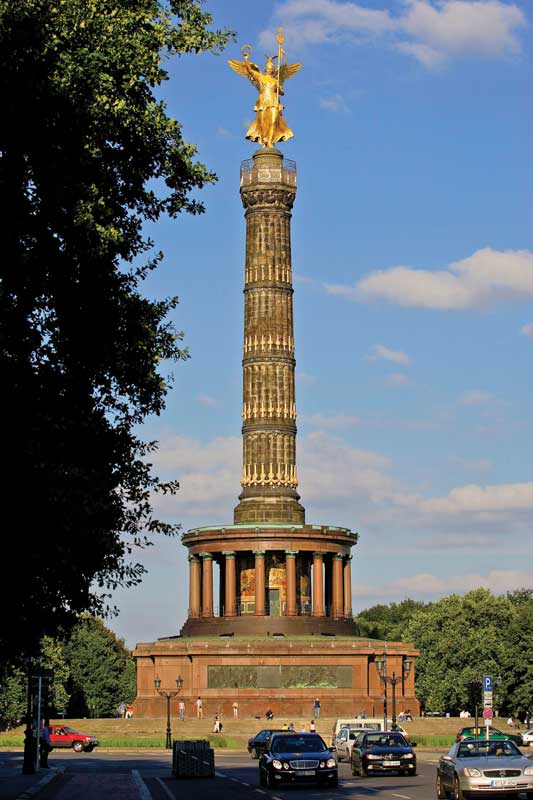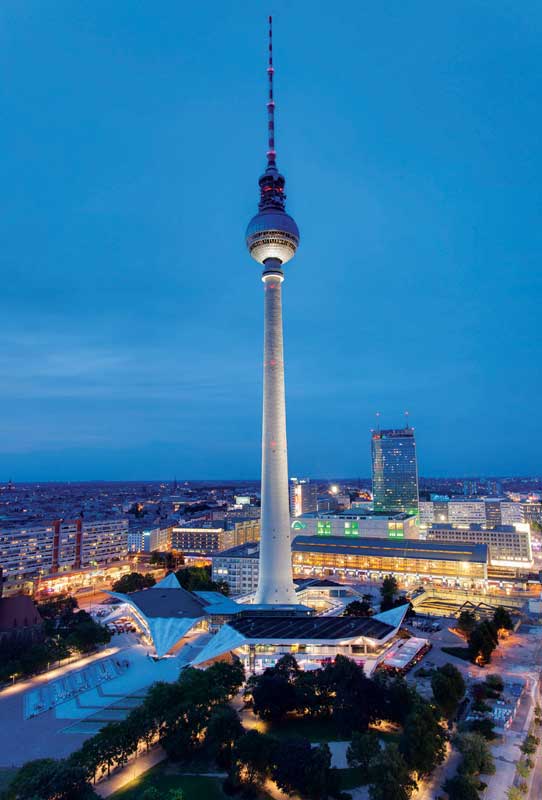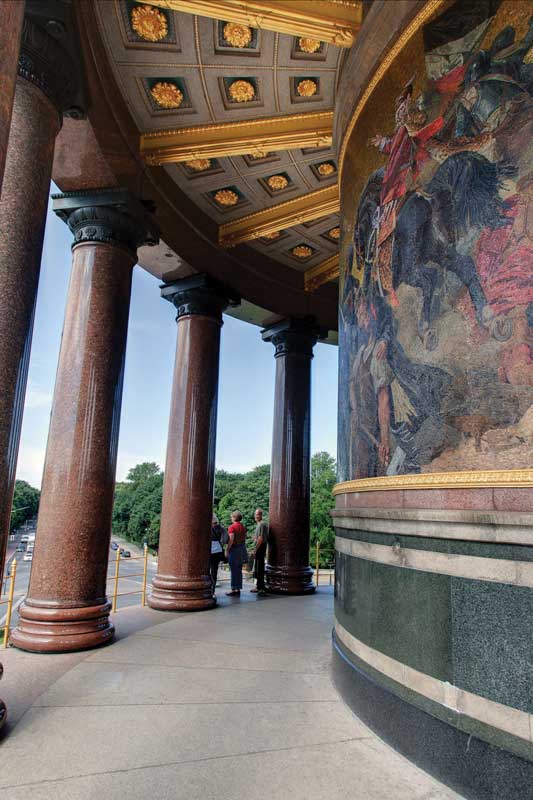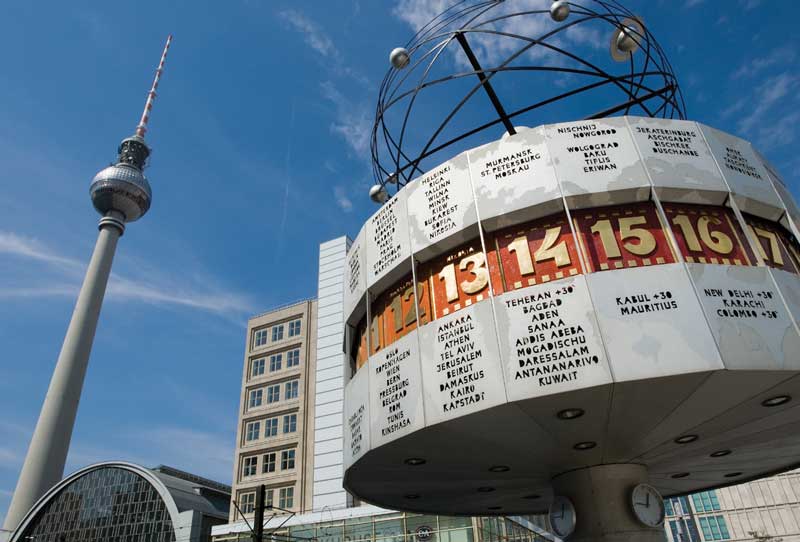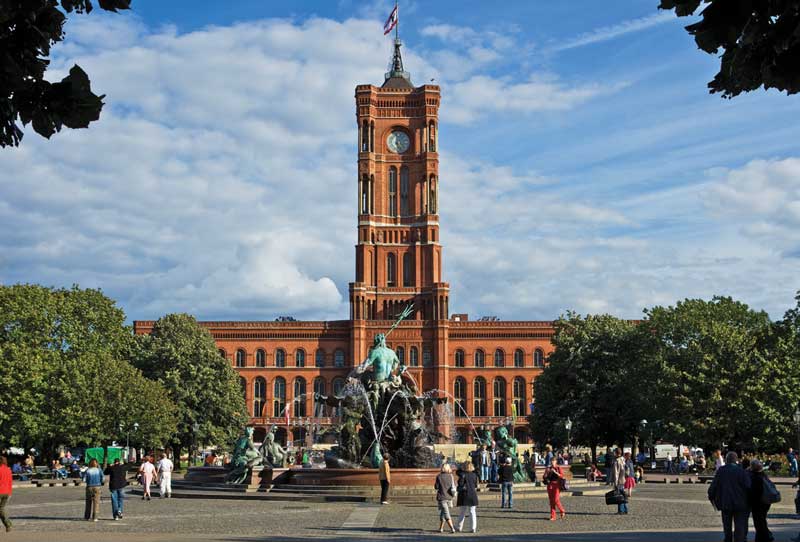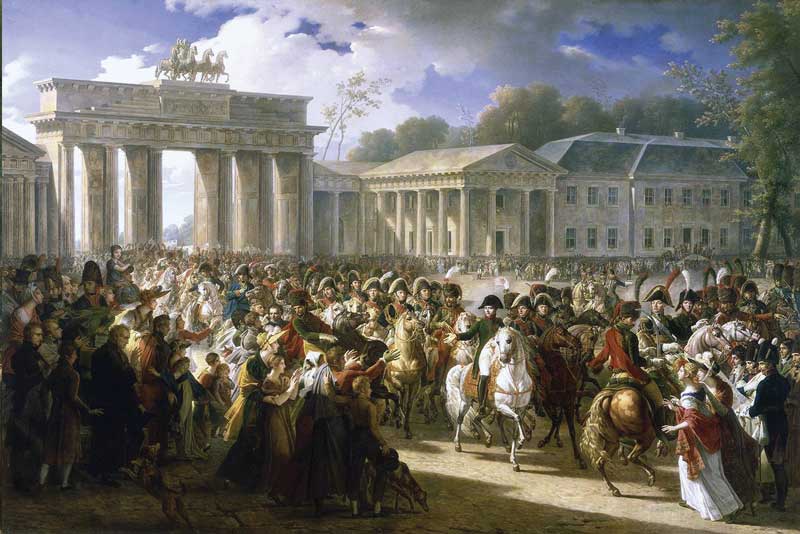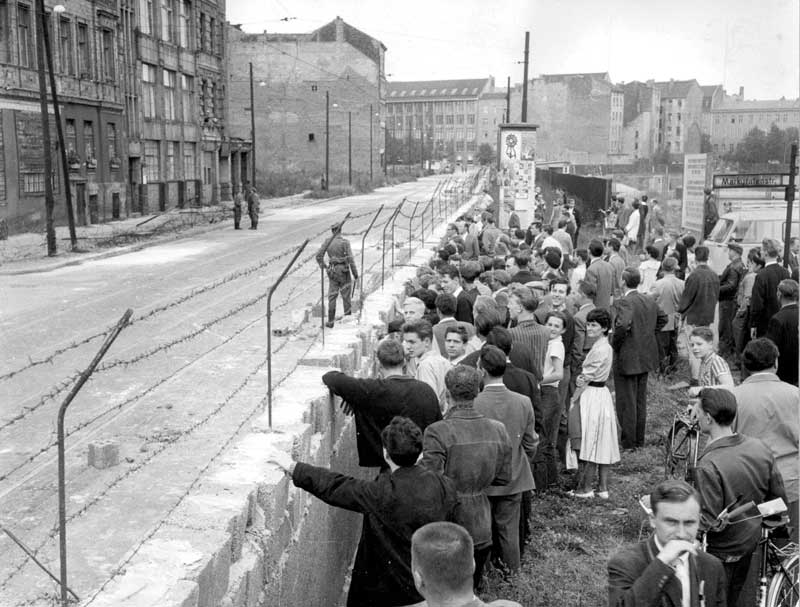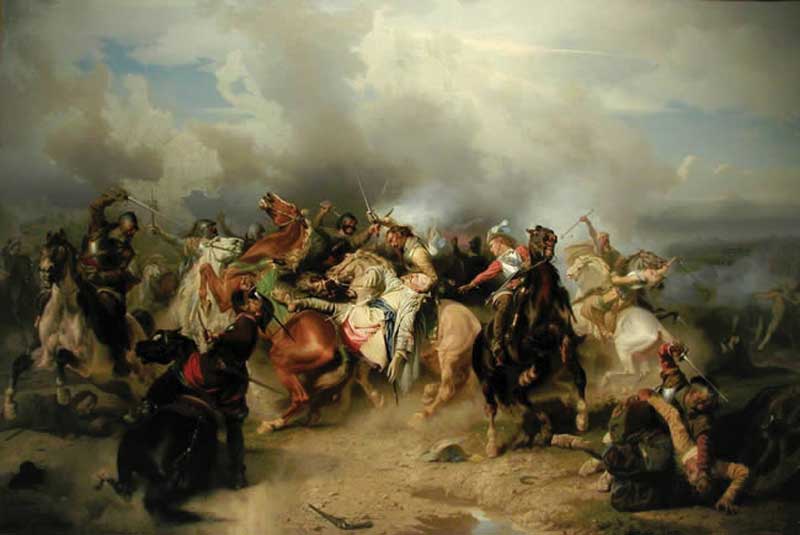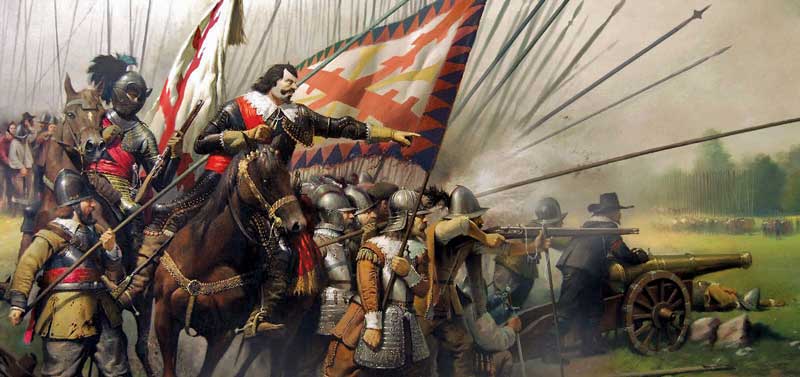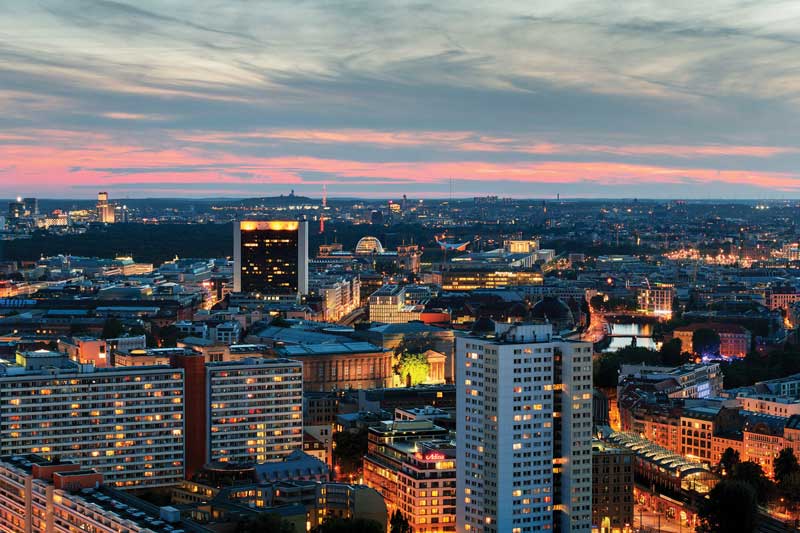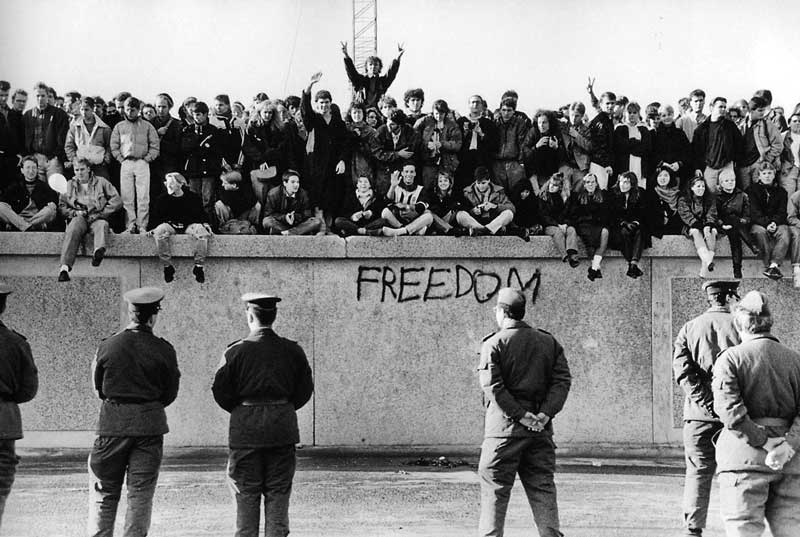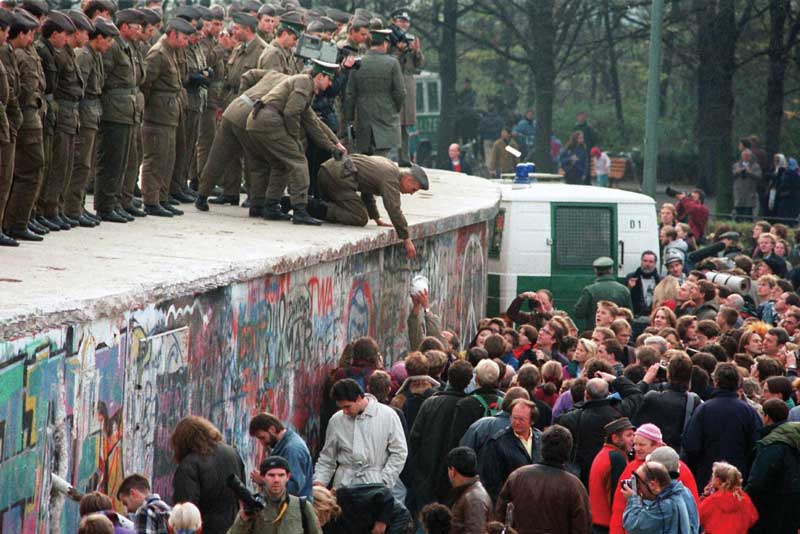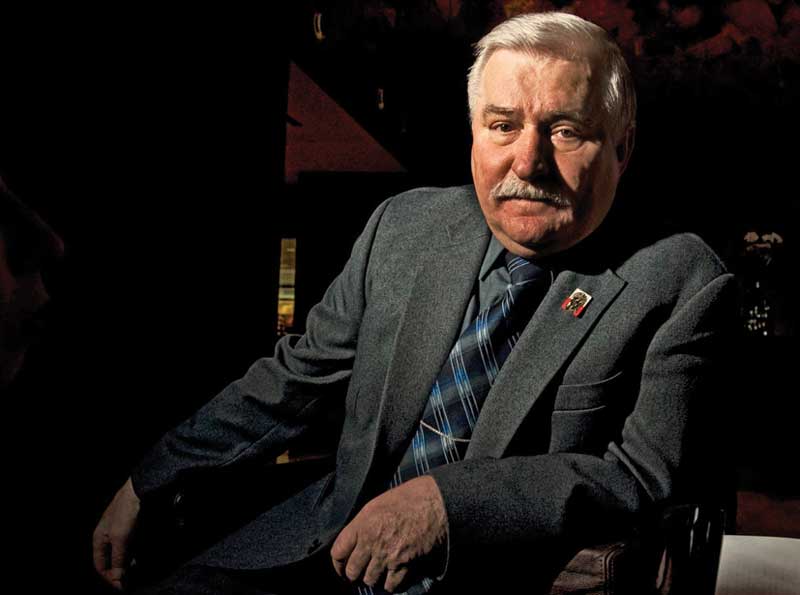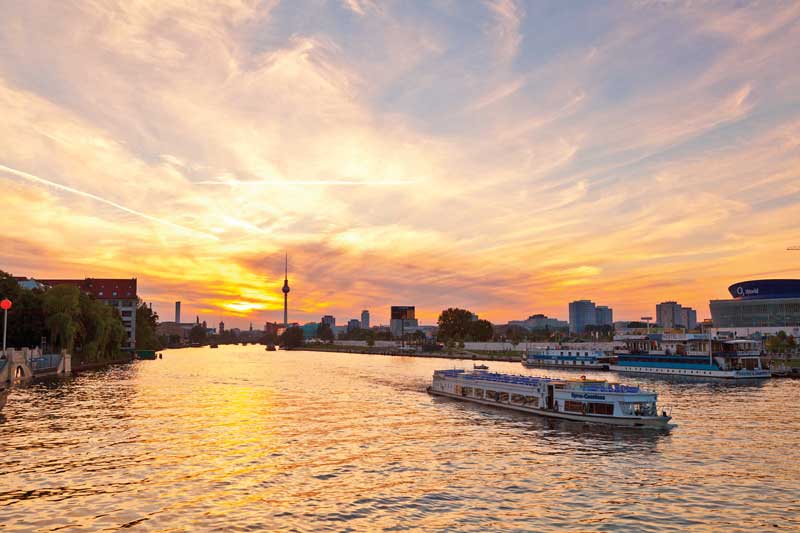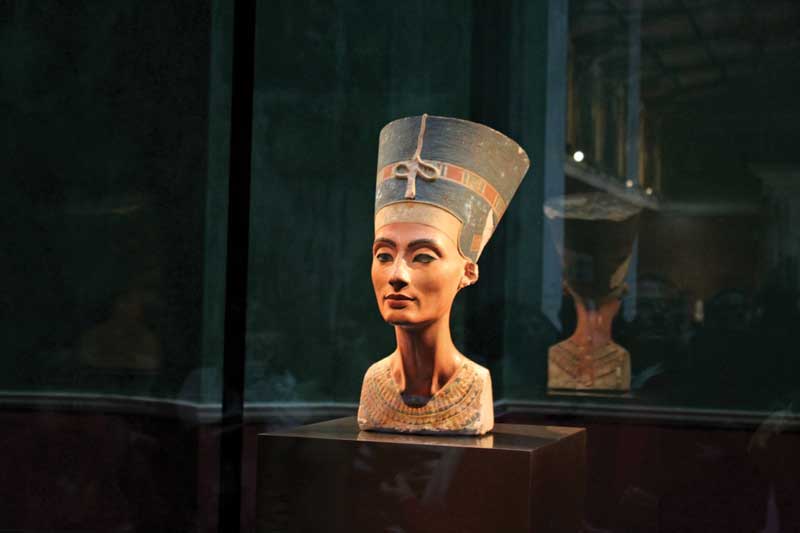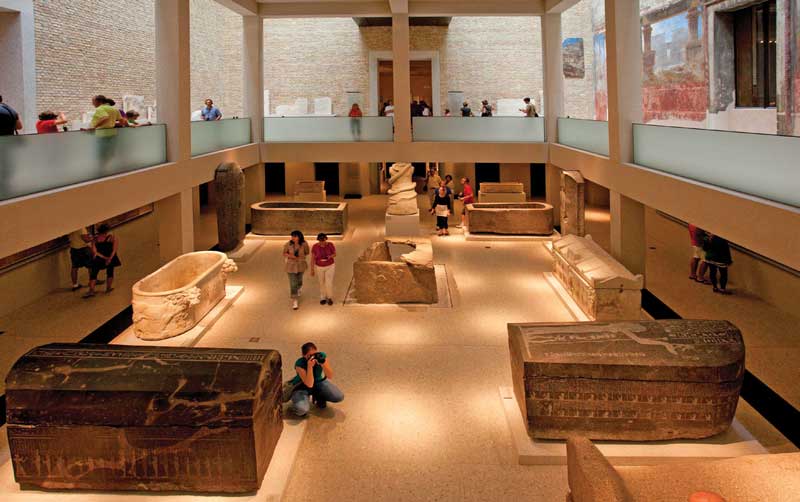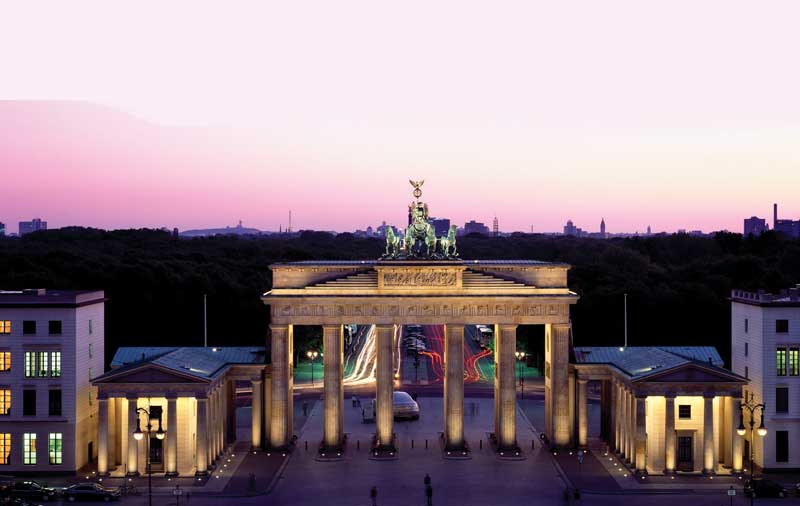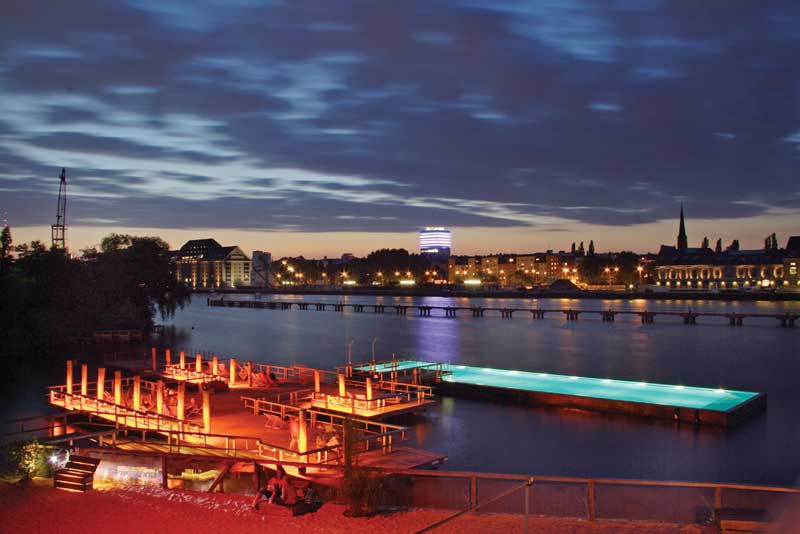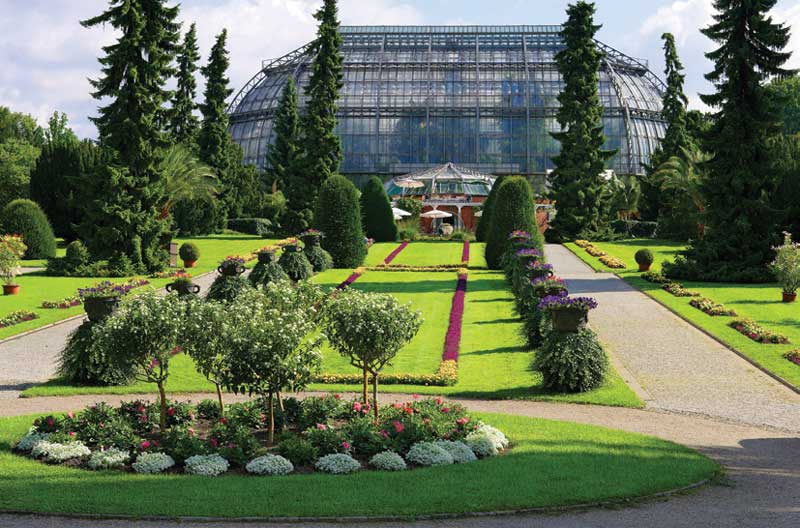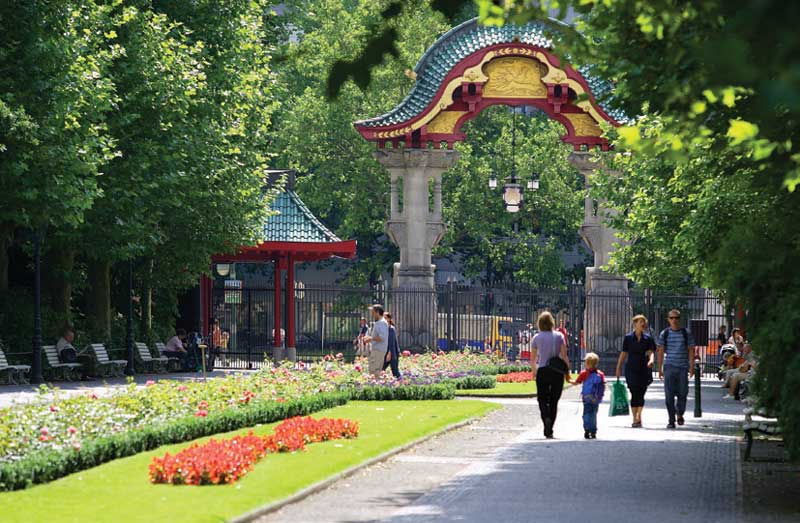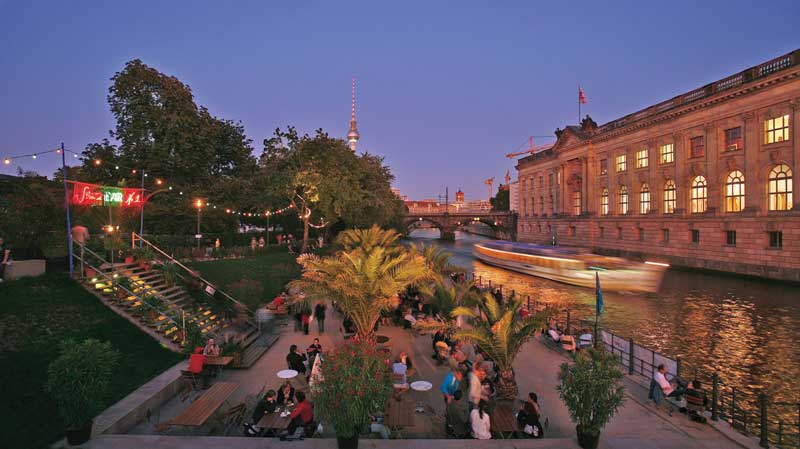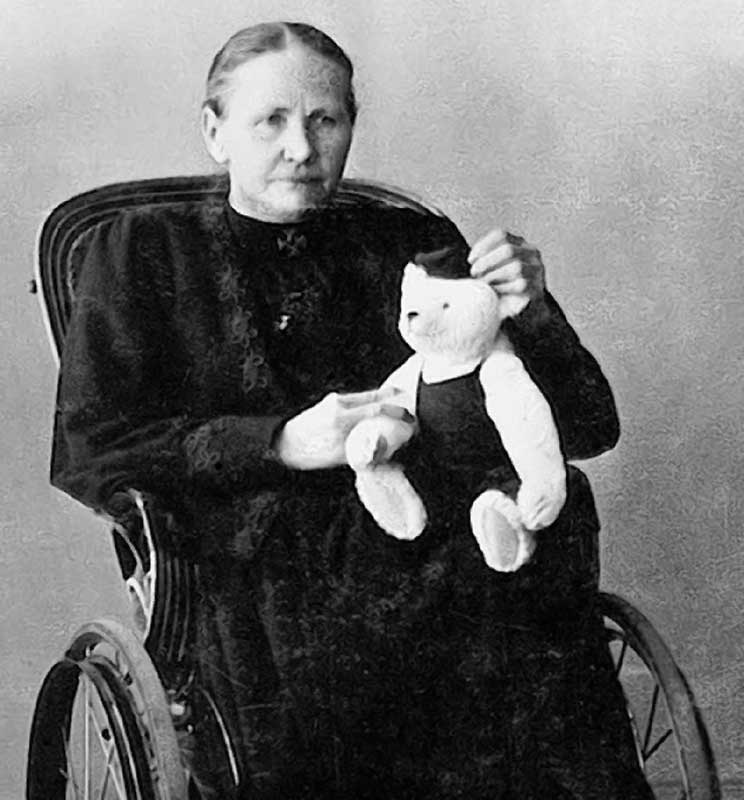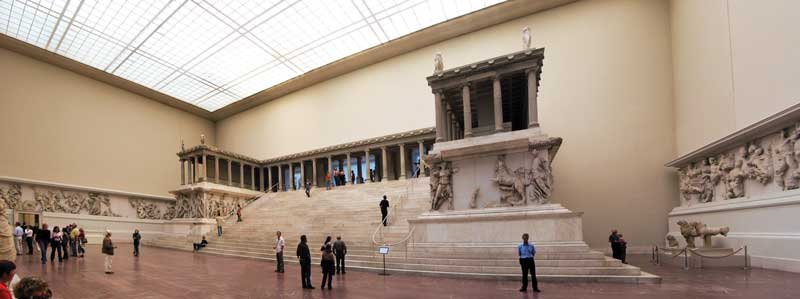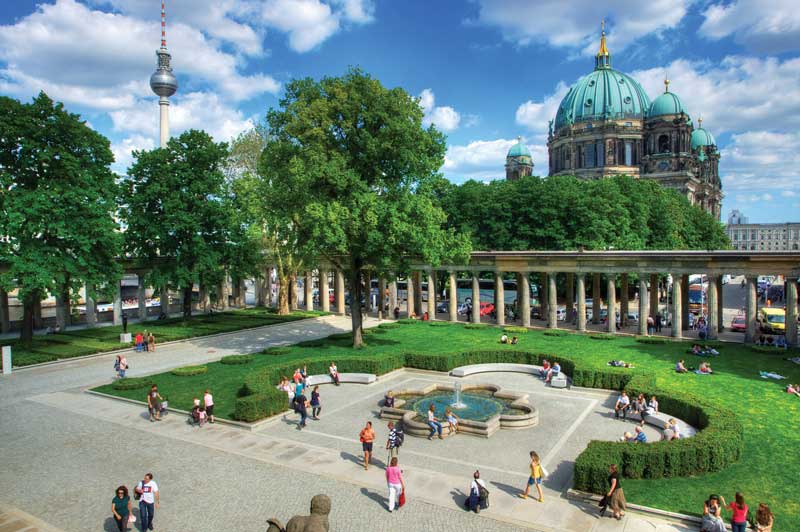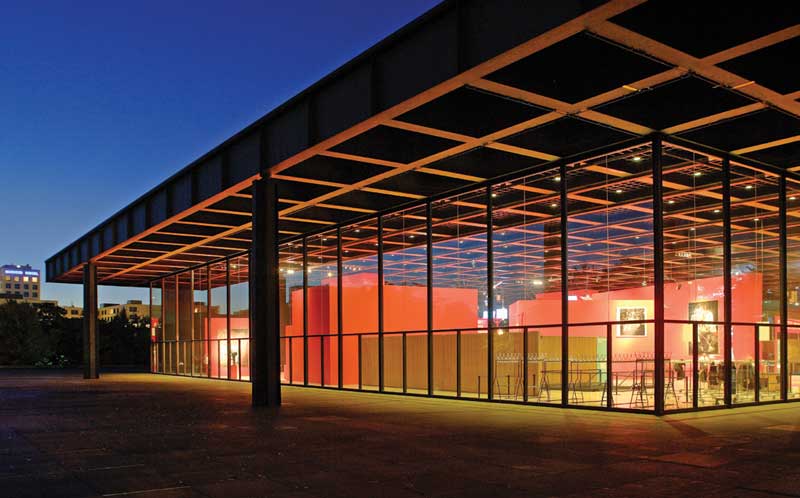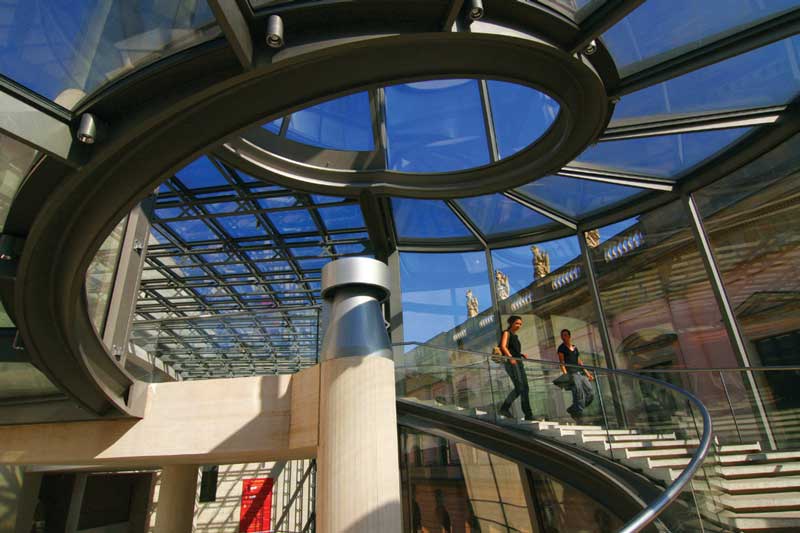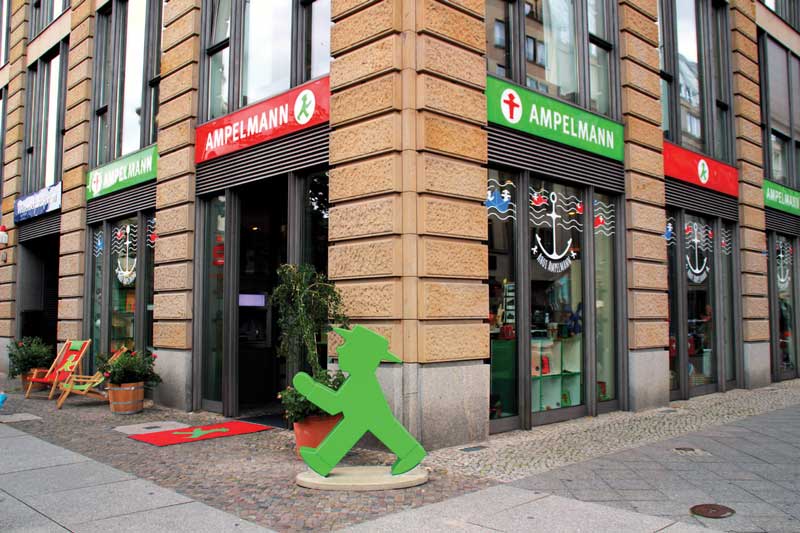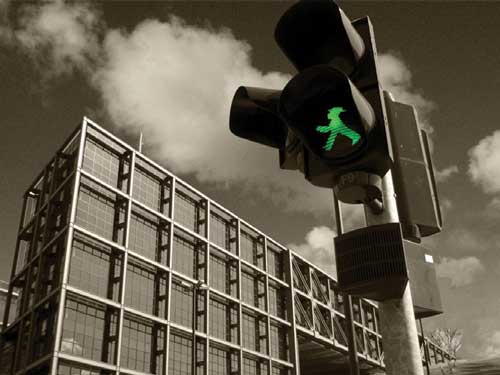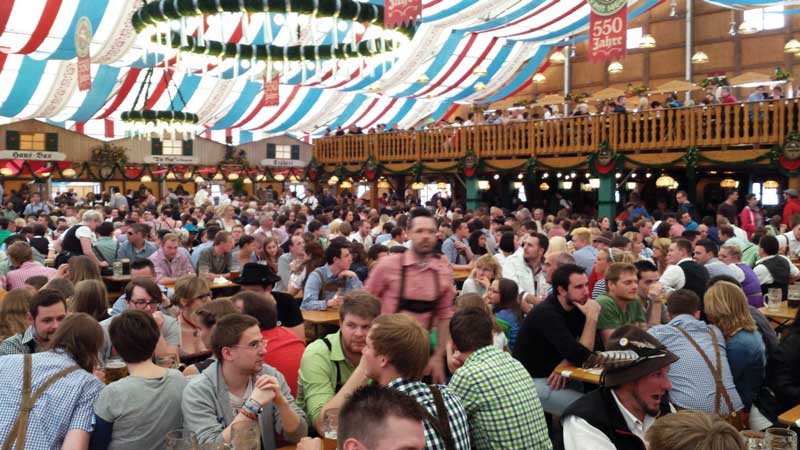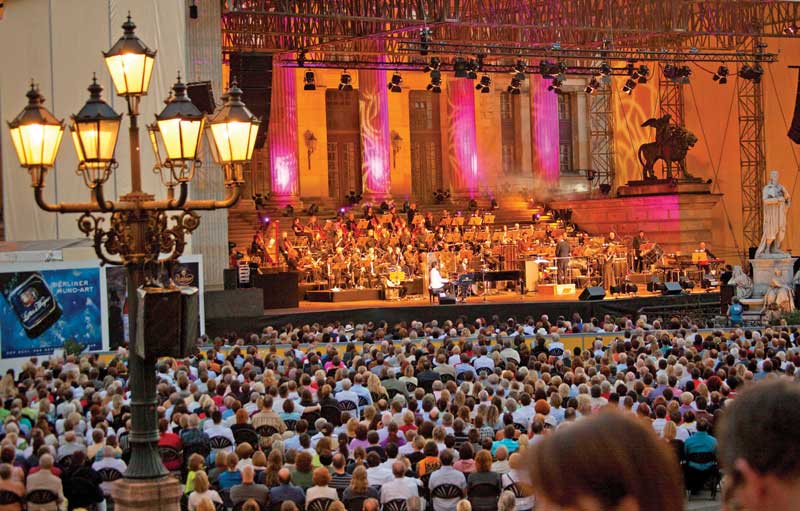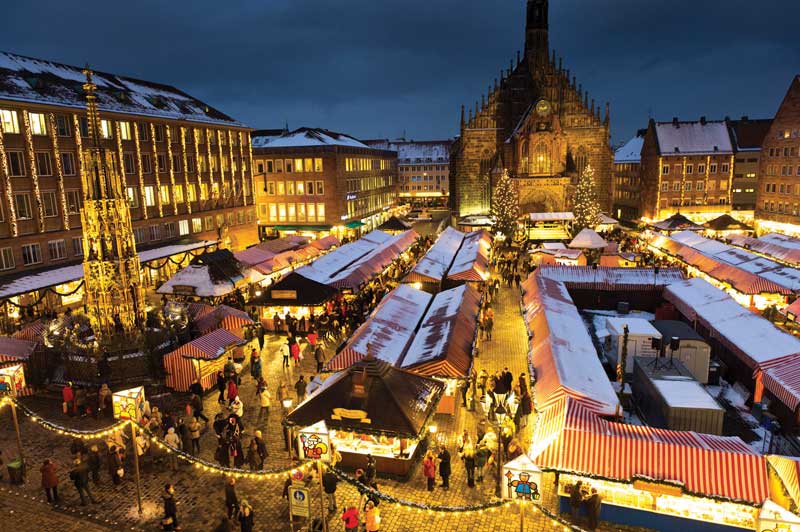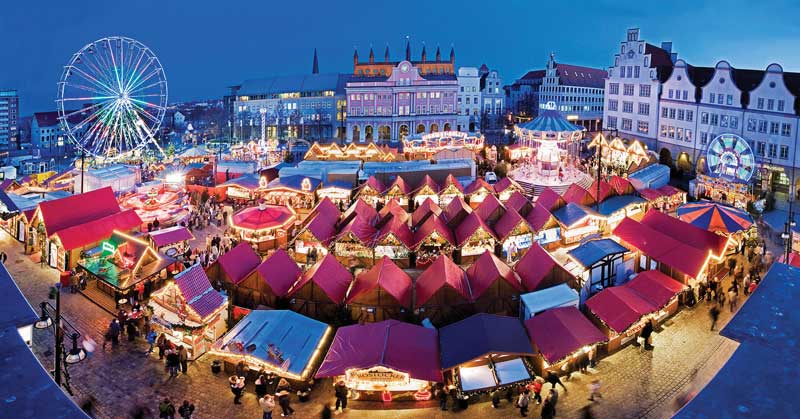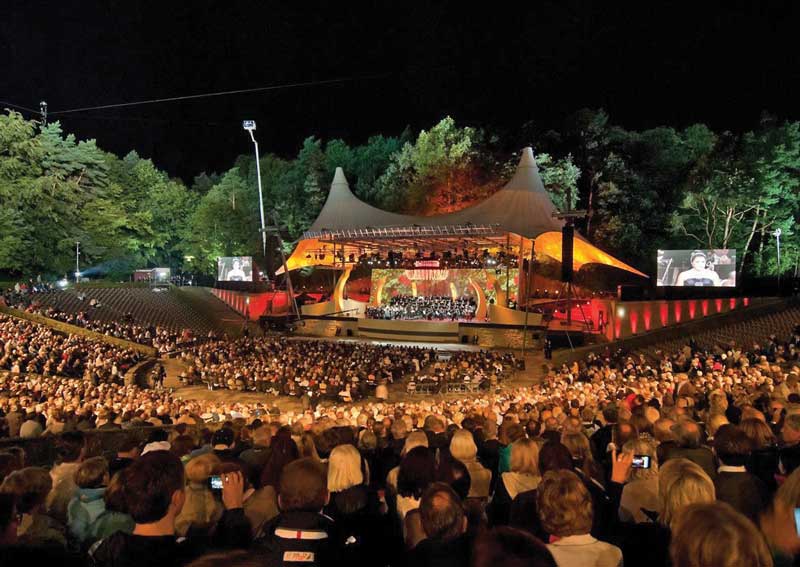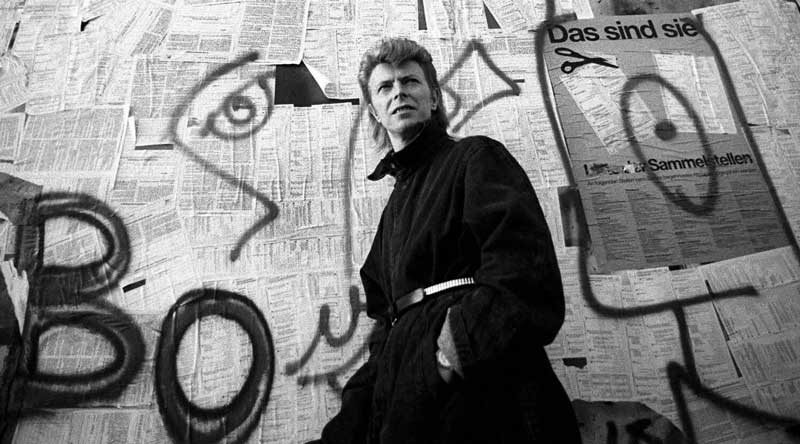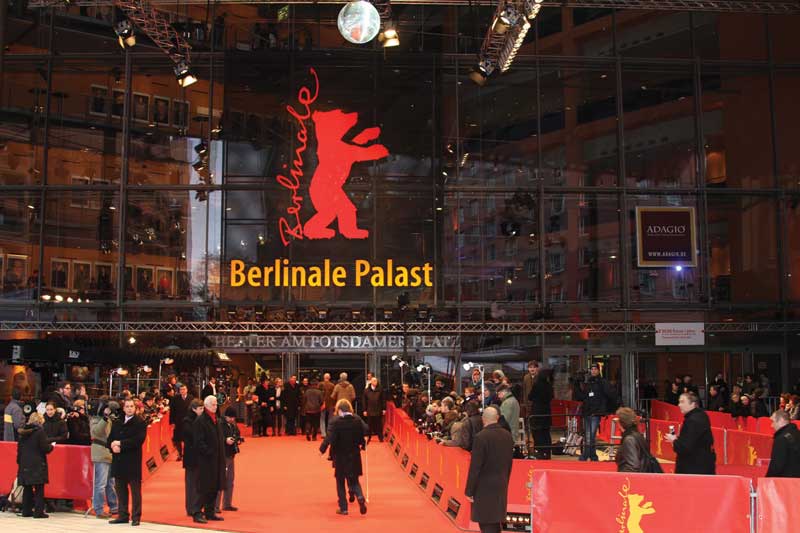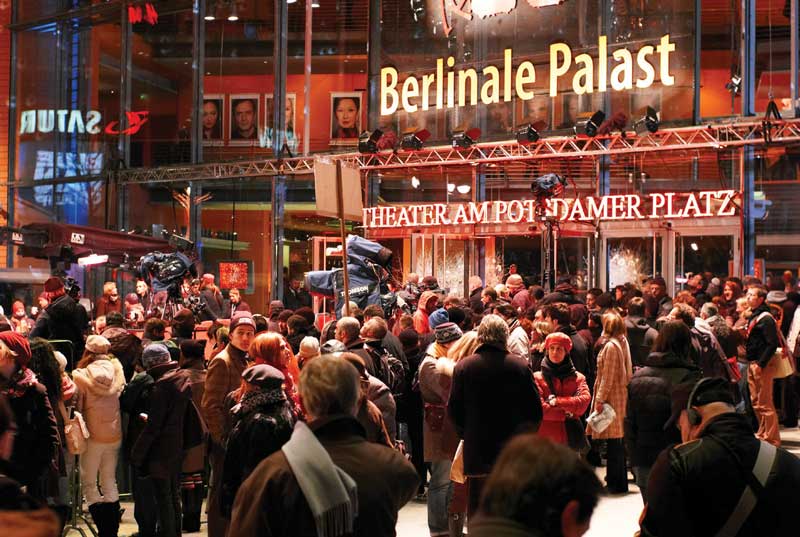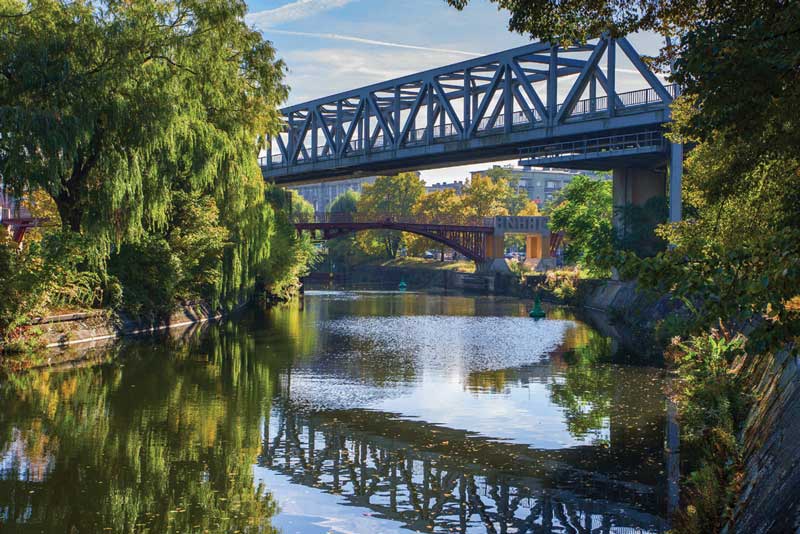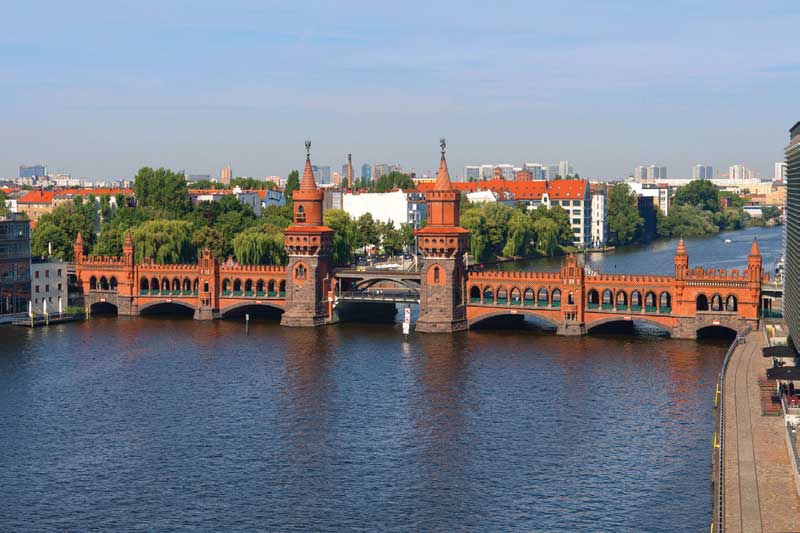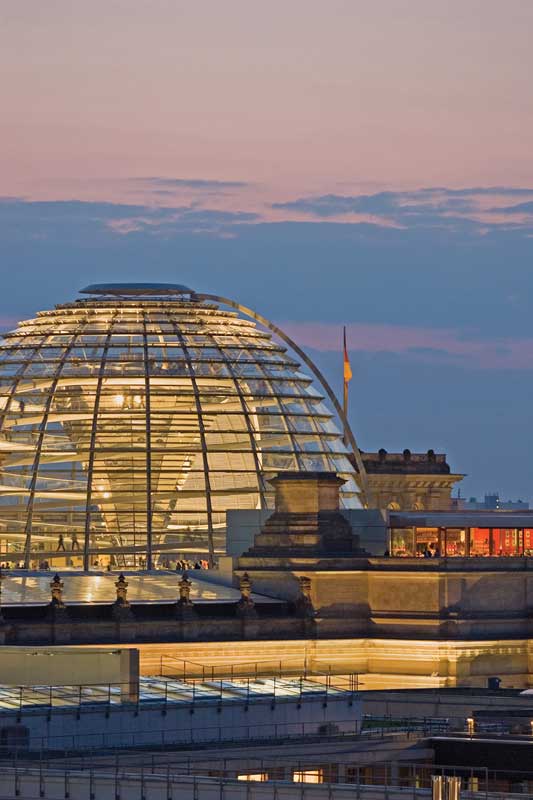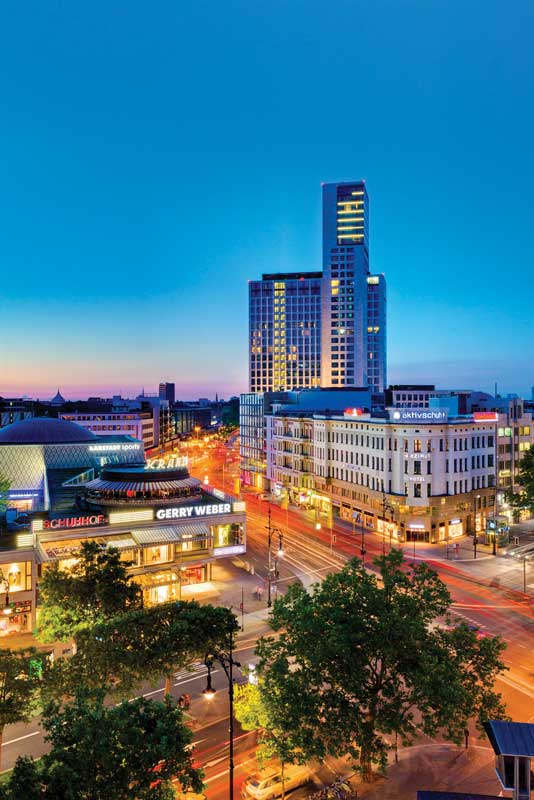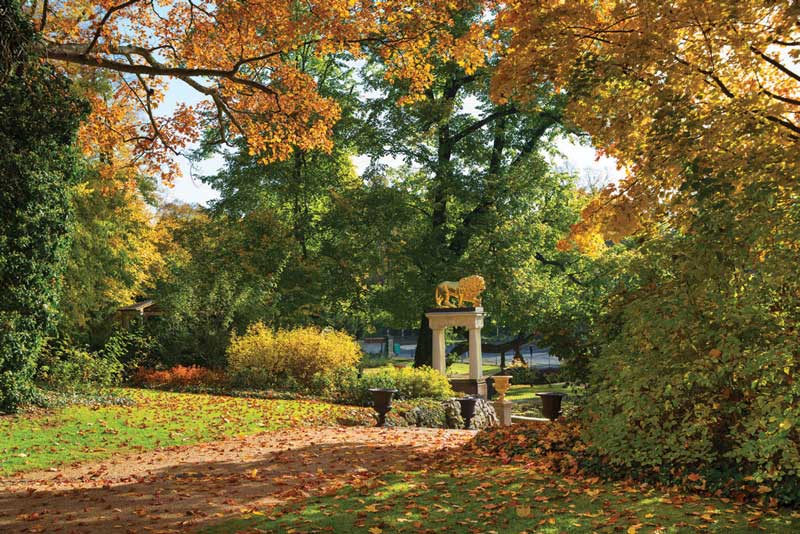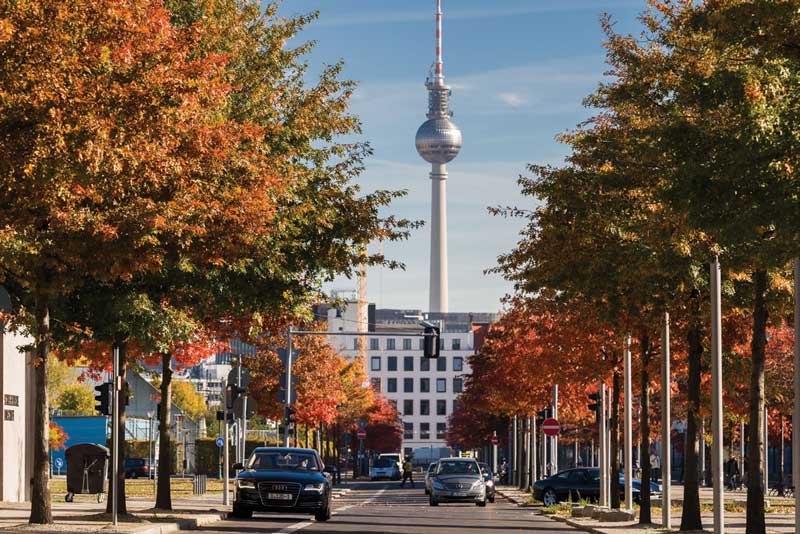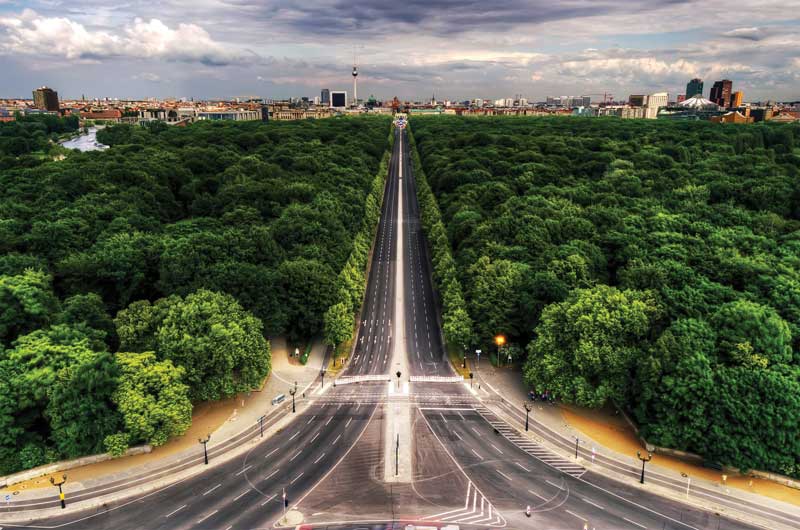Berlin, symphony of force, will and beauty
If Germany is a symphony, Berlin is it’s most admirable adagium. It’s a deeply beautiful city, ancient and new at the same time; the first thing that stands out is it’s force, power and design; later, it marvels us with it’s moving profiles which oscillate between its strength and it’s most vulnerable human entity, always proud and fiery. Germany consolidated its identity in the middle of theatrical times, this fact granted it’s speech with an unusual force and unique bombast.
We can’t talk about Berlin without speaking of the way the Germanic nation was formed. Up to this day it’s hard to believe that not long ago this first world country was a territory subdue by war, geopolitical conflicts and it’s own, as well as several catastrophic historical mistakes.
We shall make a parenthesis now because our historical review will be quite brief, but it’s important to understand what happened in the land that we are to visit, this place is one of the most important birthplaces of art and universal culture. We won’t concentrate on the villains that assaulted Berlin, but precisely in it’s power to rise once again and understand the present marvel that this metropolis is.
However, we need to understand that the German people fell into disgrace, of which Berlin stood up with such grace; it will plainly dazzle us how this capital of the world is one of the most beautiful and dignified centers of the human spirit. Let us comprehend then the delirium that marked the destiny of the Germans, thanks to an ideology that was born in the middle of a speech so well executed, that propaganda would proof it’s power and humanity would be warned for ever.
Richard Wagner’s work is the perfect example of what the same German composer denominated as Gesamtkunstwerk (which is a concept known as “a total piece of art”), due to the fact that it functions as the precedent and music score of a series of events that in combination with the stars of propaganda such as Joseph Goebbles y sociopath leaders, master of persuasion like Hitler, would germinate in the most megalomaniac and cruel nationalism ever known, however, the noble spirit of it’s people is quite painstaking toward the values of humankind and Berlin is full of it.
In the present, it might be a surprise to find in Berlin a pacifist tone, even bohemian, although utmost cosmopolitan. Berlin’s population is quite vast; sure, Germans predominate, but we can also find artists of all disciplines and nationalities, as well as great talents from throughout the world, including Hollywood celebrities walking it’s streets.
The population of total Berliner roots, stands out because of its strength and will, as well as its education and open mind. We are talking about a culture that ever since it’s foundation, has achieved the impossible and stood up against the advances of Rome and Napoleon.
This is the myth that narrates the foundation of Germany, more than a myth, it could speak of a truth validated by several historians who would enter in a more literary genre, but who, alongside a funerary stone that confirms this fact, and whose inscription refers to the battle of Varus (this event stopped the advances of the Roman Empire) and Commander Arminius -better known as Hermann-, testifies the greatness of those who began to populate the Rhine and it’s surroundings.
This mythical fortress would accompany the Germans not only to stop the Roman advantages, but also Napoleon, fact that is proved by documents. In 2009, a a 2,000 anniversary celebration of the Battle of Hermann took place throughout a series of exhibits in several points of Germany, including it’s own Berlin, coincided with other commemorations of the 60 years of the the foundation of the Federal Republic of Germany and the extermination the RDA, as well as the 20 years of unification of the country.
Maybe Berlin was not always the official capital of Germany, but it has always been it’s heart, it’s most humane face, as well as it’s force and weakness at the same time. It is because of this that traveling to Berlin is to reconcile with history, to find a the best stage for peace where at some point conflict and desperation lived; it will also allow us to delight in numerous options to enjoy and celebrate life.
Historical Compasses
The fall of the Wall of Berlin makes good photographs. But it all began in the shipyards.
Lech Walesa
What we know today as Berlin, at some point circa 1200, was a fishing colony, whose population grew and lived at its own pace, independant and hard working. The Berlinese face of the present is young, global and completely renovated. However, it’s roots are ancient and exciting.
By the XVth century, Berlin would be for the first time a capital, but that of Brandeburg, which was part of the Sacred Roman Germanic Empire, governed by the Hohenzollern family. During the time of the Reform, the German territory was bare witness of several differences and conflicts that made way to a war that would last for nearly 150 years, starting in 1515.
The first great deterioration and destruction of buildings in Berlin took place, a period comprehended as the War of the Thirty Years in which the Swedish destroyed a great number of historical buildings and entire villages, not only Berlin, but also the majority of the German territory. It was precisely Napoleon who unified the Germans and catapulted Berlin as it’s capital and this is one of the facts that served as the root of a true German nationalism.
By 1871, Berlin would convert into the Prussian capital after the French-Prussian War, this detonated into the maximum development of the city in every definition. From this period forward, the German territory was was consolidated, which by World War I had already take a side in several coalitions, where it functioned as ally of Bulgaria, the Austro-Hungarian Empire and the Ottoman Empire as well, known as the Central Block or the Baltic Front and defeated in 1918 by the Allied Forces.
The Weimar Republic was established in Germany after the II Reich and it lasted almost 15 years, since the Constitution of 1919, until 1933, when Hitler was named Chancellor, unleashing Second World War -along other causes-. Shortly after, in 1939 Germany would invade Poland. Berlin suffered the consequences, specially by the end of the war, when it was bombarded and invaded in it’s totality.
In 1945, Germany was separated in order to be controlled by the Allied Countries: U.S.A., France, Great Britain and the URSS, Berlin would remain within Soviet territory. With the new coalition composed by the United States, France and Great Britain, the Federal Republic of Germany emerged (FRG), which caused the Soviet Union to react and create the Democratic Republic of Germany (DRG), establishing the first accents of what would turn into the Cold War.
This context not only would complicate things between both groups within Berlin, which was also divided, but it would also generate conflicts originated in countries and continents like Cuba, Korea, Vietnam, Africa and the Middle East as well as other geopolitical phenomenons that involved a large portion of the world and that still carry consequences, reactivating old rivalry and generating a complex scenario for Europe entirely.
Churchill would use a phrase from the Minister of Nazi Propaganda, Joseph Goebbels, to describe what would happen in the heart of Europe, Berlin: “ A curtain of iron has descended throughout Europe”. Churchill was predicting what would be the authentic Berlin Wall in a metaphor known as the “Iron Curtain”.
The isolation scenery for Berlin could be foreseen since 1948, when Stalin ordered to block the access and roads of the city. This blockage lasted a year. It was in 1961 when a wall of 144 km was created, it would divide the western part of the Democratic Republic of Germany. This wall would be a trascendental symbol whose breakage would shock the entire world.
Since November 9th of 1989, the DRG government had to allow the free circulation for the citizens throughout the whole city, reason why the 3rd of October of 1990, Germany would be reunified and the fall of the wall would take place, it also made way to the assignment of Berlin as the permanent and official capital of all Germany, the city of Bonn had been the capital of the FRG until that moment.
The fall of the Wall made the Germans join in a scream, Wir sind ein Volk! (“We are nation”), but the differences amongst its population soon was met with the social and educational frontiers, they would confront the Germans of the West amongst those of the East. However, this process has advanced with great success, creating a Berlin with a new awareness of German identity, unified above all and turning into an exemplary capital, not only Germanic, but also of the world.
It’s important to point out that diverse causes originated the fall of the Wall of Berlin, however, several facts like the Strike of Gdansk in Poland, created a change in Europe through a sacrificed syndicate with values like freedom, peace and solidarity. Leadered by Lech Walesa, a professional electrician, this strike on behalf of the shipyards that use to built the most mesmerizing boats of Poland, achieved that the communist government acknowledged the workers with a right to organize and express freely through their syndicates. This success would be a key background and the deep curtain for the fall of the Berlin Wall.
Is it a coincidence that a positive fact for human nature was born precisely from the shipyards? No, ofcourse not, the sea always inspired great people, it deepens within the convictions and pushes our spirit of action...if that we are certain. The reconstruction of Berlin doesn’t end here, it has been restored from its ruins left behind by war, fullfilling itself in the last years with constructions merged by some of the greatest architects on Earth, reason why it’s profile is so contemporary and avant-garde.
It’s young and cultured population generates tendency and intellectual movements that prevail in Europe, along with other cities of taste and culture in the planet. But, what shall we see in Berlin?
A legacy to enjoy and reconnect
Art events throughout Berlin, amongst concerts, theater and exhibits, are the daily bread of everyday in this city blessed by a universal culture, on the other hand, it’s record variety, bars and parties make a night out an authentic opportunity to live an atmosphere of freedom and celebration.
To arrive at Berlin by boat is possible through Warnemünde, a port that reaches the Warnow River, which you can access through the Baltic Sea. This place is an authentic and charming fishing destination, which is ideal to know with a bike and whose beaches are a delight for their soft and white sands.
One of the first things to see in Berlin is Brandenburg Gate, a historic structure that today represents the peace and freedom of the united Germany, although its origins are attributed to the ancient past of the German people. In the Egyptian Museum you can admire the legendary bust of Nefertiti; a walk through the Botanical Garden, which generates the most sublime mood.
One thing must be clear; every activity in Berlin is bound to be memorable and can only be discovered in a very personal way, because it is a complete guarantee that Berlin has a different perspective for each of us.
In Germany there are nearly 40 sites inscribed on the UNESCO World Heritage list, it is crowned by the Berlin Museumsinsel (“Museum Island”), a group that protects some of the best and most visited museums worldwide. Comprised of the Pergamon Museum (Pergamonmuseum), Old Museum (Altes Musum) New Museum Berlin (Neues Museum), Alte Nationalgalerie (Alte Nationalgalerie) and the Bode Museum (Bode Museum), no visit to Berlin can be complete without this tour.
As for souvenirs, Germany is full of them. Few know that the teddy bear is a symbol of Berlin and Germans in general, because in reality it is an original creation of Margaret Steiff, German designer of toys who created a line of stuffed animals in 1880, including a teddy bear who later was popularized by US President Theodore Roosevelt (hence the concept of Teddy bear).
Other souvenir that predominates is the Ampelmännchen, or the “traffic light man”. This character is so iconic, it even has its own store in the German capital: Ampelmann Shop. Created in the 60s by psychologist Karl Peglau for East German traffic lights, the character of the hat was successful and after the unification an attempted to remove the traffic lights was made, causing demonstrations to those who had retired, which was achieved in 2005.
“It is said that in communist Germany, the Ampelmann was the only worker who was happy to work,” says a Berlin expression.
In addition, in Berlin cuckoo clocks from the Black Forest are made by hand; originals come from the region of Schonach, but also in Berlin can be easily found and as we know, the German watchmaking is excellent and there are many artisans who practice in this land.
Berlin’s Christmas markets are a tradition that many enjoy, plus they are very diverse and specialized. In them you can find the Lebkuchen and Herzlebkuchen, delicious gingerbread cookies decorated in charming ways; some of them even have written messages, as some are very tender, but others may contain racy notes, so if your German is not good it can be confusing and create a comic and awkward situation.
Another thing that you must do without a doubt-even if you are not a lover of this drink-is to have a good German beer. This activity is made under a law that operates from 1516 and among the most popular brands of Berlin you can find the typical: Becks, Paulaner, Veltins, Warsteine and Königpilsener. The Weißbier is a beer originated in Berlin and it has a refreshing fruity taste. Incidentally, during the first weekend of August, the traditional Beer Festival of Berlin takes place, a party in every sense of the word.
Meanwhile, German sausages are a national secret whose creation is only known by local butchers, especially the Thuringia sausage recipe, which has over 600 years of existence, it’s taste has also acknowledged by Goethe in a legendarily matter. In Berlin there is a museum dedicated to the sausage and the local specialty: the Currywurst, a plate of this sausage made of pork and cut into pieces, seasoned with curry and ot spices, bathed in a delicious sauce. We find this delight everywhere, from street stalls to elegant pubs.
Home and genesis of global art
We can be heroes, just for one day.
David Bowie
Berlin is a city with a high level of sophistication, but also with some underground soul that inspires even the most unconventional and hostess artists representing the genius of art, fashion, eccentricity and those who celebrate differences .
A clear example is David Bowie, of English origin but Berliner at heart and who, before his recent death, various tributes were surrendered in this city, one of them at the outside of which used to be their home in Hauptstrasse 155, where the artist would reborn from his creative block to create great albums of his discography.
Even the German Ministry of Foreign Affairs of thanked in his Twitter account: “Goodbye David Bowie, you are amongst the ‘Heroes’. Thank you for helping to bring down the wall...” And no wonder, since the song “Heroes” just, served as an anthem of Berlin in this big moment and which few know that it is inspired by the story of two Berliners who are living a love history through the wall.
Especially the eastern part of Berlin, with its Soviet past, has acquired a more relaxed and authentic contemporary and cosmopolitan tone, making it the perfect home for numerous artists in the world who enter into the multidisciplinary scene, they have taken over several abandoned buildings in ruins,giving them vitality and turning neighborhoods into real commercial art, they have also improvised passages of fashion, where shocking timeless trends are born.
This is a real focus of literature, music, visual arts, cinema, architecture, well ... all in Berlin has art and almost all art has something of the soul of Berlin. A visit to the Bebelplatz, located next to Plaza Boulevard Unter den Linden, where nearly 80 years ago a terrible thing was done; 40,000 books containing ideas of political opponents and writers such as Heinrich Mann, Erich essential Kaestner, Thomas Mann, Stefan Zweig, Heinrich Heine, Kurt Tucholsky or the same Karl Marx were burned.
Regarding the Berlin International Film Festival, you will find a population overwhelmed by fame and celebrity. The most famous can be found walking through the streets, going to coffee shops and getting lost in the crowd, without getting onlookers, the DNA of the city is filled with cinema and art. Incidentally, the German director Wim Wenders is an excellent reference to better understand the magic of Berlin.
The swift colors of Berlin
Everything in Berlin moves faster; like the speed of light, the mind of it’s people and even their racetracks, which are are more swift than in the rest of the world. It is no coincidence that the very “Green Hell”, ie, the Nurburgring, is close by, as well as the Hockenheimring.
The German Autobahnen (roads) generally have no speed limit and yet they are quite friendly and safe, their drivers have nothing to prove to the tarmac to board their incredible vehicles, where the best German brands: BMW, Mercedes-Benz , Audi, Porsche, etc., parade as the kings who know they’re at home.
The heart of Germany simply doesn’t stop. Berlin emits it’s sounds and traces day and night, being this particular time the most interesting, you will see the daylight colours convert under the light of certain clandestinity of the Berlinese soul that hasn’t been erased and it quite irresistible.
Ich bin ein berliner!
Text: Lizethe Dagdug ± Photo: Flickr / © vistBerlin / Wolfgang Scholvien / IKLAS / PR2 / FLANDES / VIGNETTE / 1ZOOM / DIARIO DE CULTURA / CORRESPONSAL DE PAZ / Philip Koschel / Rtve / Günter / © Arena Berlin / Schönberger / BASIDE / eeacademic / Günter Steffen / Bowl Berlin / JAQUO / DESTINO ALEMANIA / MEXINAS / EXPRESSNEWS / © visitBerlin / BREINGUASH / DKL / GASTV

